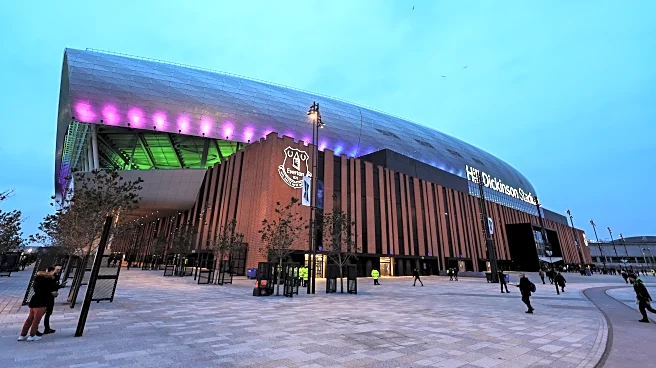David Herbert Lawrence, born September 11, 1885, in Eastwood, Nottinghamshire, was an English novelist, short story writer, poet, playwright, literary critic, travel writer, essayist, and painter. His
modernist works reflect on modernity, social alienation, and industrialization, while championing sexuality, vitality, and instinct. Four of his most famous novels—Sons and Lovers (1913), The Rainbow (1915), Women in Love (1920), and Lady Chatterley's Lover (1928)—were the subject of censorship trials for their radical portrayals of romance, sexuality, and use of explicit language.
Origins & Early Formation
Lawrence was the fourth child of Arthur John Lawrence, a barely literate miner at Brinsley Colliery, and Lydia Lawrence (née Beardsall), a former pupil-teacher who had been obliged to perform manual work in a lace factory due to her family's financial difficulties. He spent his formative years in the coal mining town of Eastwood, Nottinghamshire. The house in which he was born, 8a Victoria Street, is now the D. H. Lawrence Birthplace Museum.
First Steps into Public Life
In the autumn of 1908, the newly qualified Lawrence left his childhood home for London. While teaching in Davidson Road School, Croydon, he continued writing. Jessie Chambers submitted some of Lawrence's early poetry to Ford Madox Ford, editor of the influential The English Review. Hueffer then commissioned the story Odour of Chrysanthemums which, when published in that magazine, encouraged Heinemann, a London publisher, to ask Lawrence for more work.
Ideas, Aims & Methods
Lawrence's opinions and artistic preferences earned him a controversial reputation; he endured persecution and the misrepresentation of his creative work throughout his life, much of which he spent in a voluntary exile that he described as a "savage enough pilgrimage." At the time of his death, he had been variously scorned as tasteless, avant-garde, and a pornographer who had only garnered success for erotica.
Final Years, Death & Legacy
Lawrence continued to write despite his failing health. In his last months, he wrote numerous poems, reviews, and essays, as well as a robust defense of his last novel against those who sought to suppress it. His last significant works were Apocalypse, a reflection on the Book of Revelation, and Are Men of Today a Success?, a posthumous contribution on the feminization of modern society. After being discharged from a sanatorium, Lawrence died on March 2, 1930, at the Villa Robermond in Vence, France, from complications of tuberculosis.











